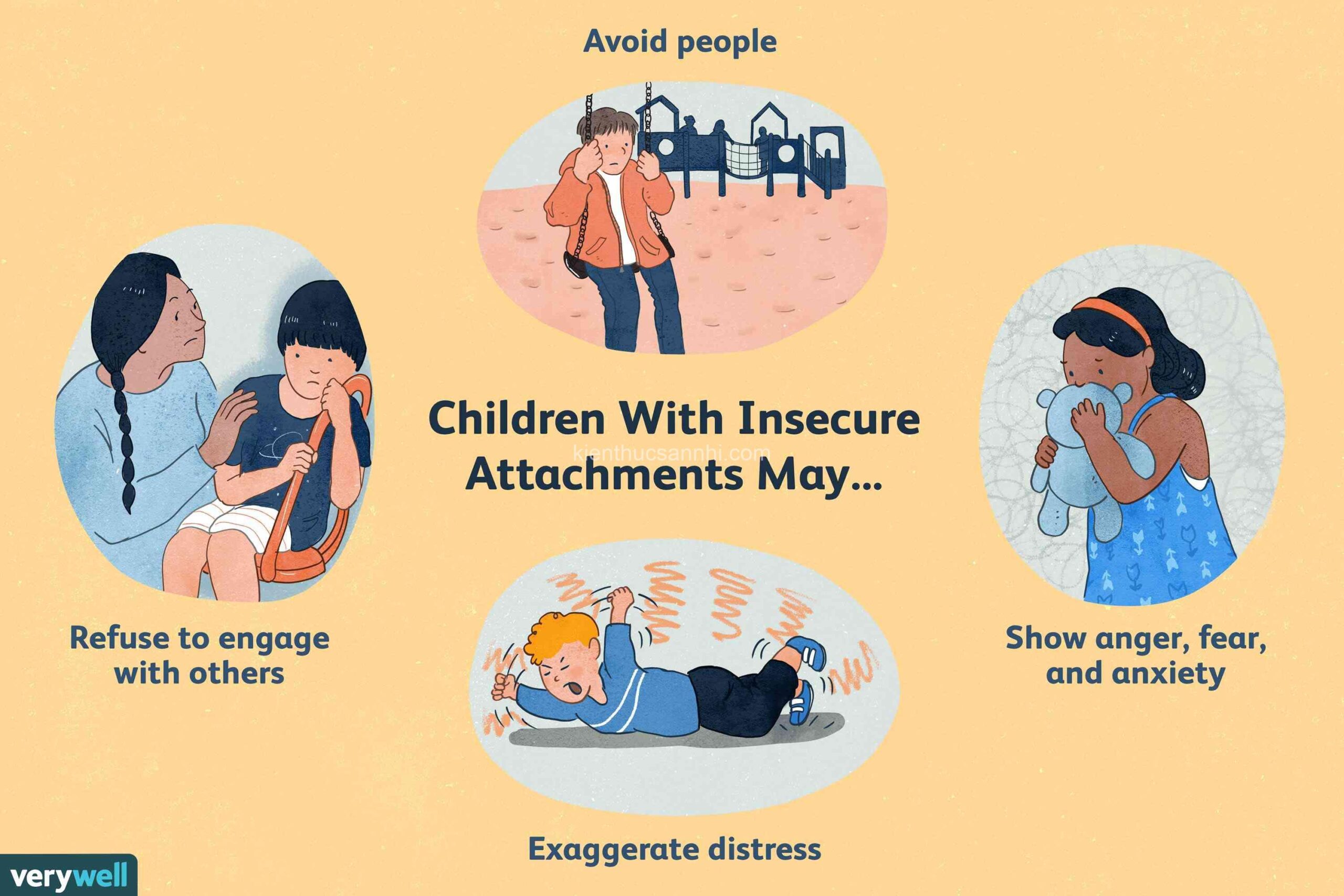
Choosing the Right Pediatrician for Your Baby: A Guide for Pregnant Women. In today’s article, kienthucsannhi.com will explore with you in the most detailed and complete way. See now!
Understanding Your Needs and Preferences

What to Consider When Choosing a Pediatrician
As you prepare for your baby’s arrival, it’s important to consider what you’re looking for in a pediatrician. This is not just a medical decision; it’s about finding a doctor who aligns with your values and parenting style. Think about the needs of both you and your baby.
Your Perspective:
- Due date and expected delivery location: This helps you narrow down your search to pediatricians in your area.
- Personal values and parenting style: Do you prefer a more natural approach to medicine, or do you prioritize traditional medical practices? Do you value a strong emphasis on breastfeeding or a flexible approach to feeding?
- Existing healthcare network and insurance coverage: If you’re part of a healthcare network, you’ll likely want to choose an in-network pediatrician. This is crucial for managing costs and ensuring seamless care.
Your Baby’s Perspective:
- Family health history and any potential concerns: Does your family have a history of specific health conditions, allergies, or genetic disorders? If so, you may want to prioritize a pediatrician with experience in these areas.
- Expected needs for special care or interventions: If your baby is expected to require additional medical attention or interventions, such as premature birth or a specific medical condition, you’ll need to consider a pediatrician specializing in those areas.
Practical Considerations:
- Location, accessibility, and availability of appointments: Choose a pediatrician conveniently located for you and your family. Consider their office hours, appointment wait times, and availability for after-hours care.
- After-hours care options and emergency protocols: What are their protocols for handling emergencies outside of office hours? Do they have a system for virtual consults, phone calls, or in-person visits?
Finding the Right Pediatrician for Your Family
Once you’ve determined what you’re looking for, it’s time to start the search! Here’s how to find the right pediatrician:
Gathering Recommendations
- Trusted sources: Ask friends, family members, childbirth educators, or your obstetrician for their recommendations. They have personal experience and can provide invaluable insights.
- Online resources: Look for reputable online forums, review websites, and doctor finders. These platforms allow you to read reviews and ratings from other parents.
- Hospital websites: Many hospitals have lists of affiliated pediatricians. This can be helpful if you’re planning to deliver at a specific hospital.
Scheduling Interviews and Consultations
- Meeting the pediatrician before the baby’s arrival: This is crucial for forming an initial impression. You’ll have the opportunity to ask questions, gauge their personality, and see if you feel comfortable with them.
- Key questions to ask:
- Approach to breastfeeding/formula feeding: What are their recommendations and how supportive are they of your chosen feeding method?
- Vaccination and preventative care philosophy: What is their stance on vaccinations, and what preventative care measures do they recommend?
- Communication style and availability for questions: How accessible are they for questions and concerns? Do they use online portals for communication?
- Hospital affiliation and after-hours care options: What hospital are they affiliated with? How do they handle emergencies and after-hours care?
- Experience with specific health concerns: Do they have experience with any specific health concerns that may affect your baby?
- Observing the office environment and staff interactions: Take note of the office atmosphere, the friendliness of the staff, and how they interact with patients. This can provide insights into the overall quality of care.
- Trusting your instincts and choosing the best fit: When all is said and done, trust your gut feeling. Choose a pediatrician who makes you feel comfortable and confident in their abilities.
Establishing a Strong Relationship with Your Pediatrician
Once you’ve chosen a pediatrician, it’s essential to build a strong relationship with them. This will help you feel comfortable asking questions, voicing concerns, and advocating for your child’s health.
Building Trust and Communication:
- Open and honest communication: Be open and honest with your pediatrician about your concerns, questions, and parenting choices. They are there to support you.
- Actively asking questions and voicing concerns: Don’t hesitate to ask questions, even if they seem trivial. Your pediatrician wants you to feel informed and involved in your child’s healthcare.
- Maintaining regular check-ups and following recommendations: This is crucial for preventing illness and ensuring your child’s growth and development are on track.
- Seeking support and guidance from your pediatrician: Your pediatrician is a valuable resource for guidance on parenting, child development, and health concerns.
Ensuring Continuity of Care:
- Maintaining a strong relationship with the same pediatrician: Having a consistent doctor throughout your child’s life helps build a strong foundation of trust and familiarity.
- Benefits of a familiar and consistent provider: Your pediatrician will be familiar with your child’s health history and can provide better care as they age.
- Transitioning care smoothly as your child grows: If you need to change pediatricians, ensure that you have a clear handover of information and medical records.
Additional Tips for Choosing a Pediatrician
Here are some additional factors to consider when making your decision:
- Pediatrician’s specialty: Some pediatricians specialize in specific areas like neonatology (newborn care) or developmental pediatrics.
- Hospital affiliation: Consider the hospital where the pediatrician is affiliated, as this may provide you with access to specialized care and emergency services.
- Approach to technology: Some pediatricians use online portals for communication, scheduling, and accessing medical records. This can be convenient for busy families.
- Cultural considerations: If you’re looking for a pediatrician who understands your cultural background, you can find pediatricians who speak your language or have experience working with diverse families.
Remember: Choosing a pediatrician is a personal decision. Trust your instincts, ask lots of questions, and choose the provider who makes you feel most comfortable and confident. Don’t hesitate to seek a second opinion if needed.
FAQs
What are some common questions to ask during a pediatrician consultation?
When you meet with a pediatrician, here are some essential questions to ask:
- What is your approach to breastfeeding or formula feeding?
- How do you feel about vaccines and preventative care?
- What are your communication protocols?
- What are your after-hours care options?
- What is your experience with [mention specific health concerns, if applicable]?
What are the key things to look for in a pediatrician’s office?
Pay attention to:
- The office environment: Is it clean, welcoming, and child-friendly?
- The staff: Are they friendly, helpful, and attentive?
- The pediatrician’s communication: Are they patient, understanding, and easy to talk to?
How can I ensure a good relationship with my pediatrician?
- Open communication: Be honest and transparent with your pediatrician.
- Active participation: Ask questions and voice your concerns.
- Consistency: Establish regular checkups.
- Trust: Follow your pediatrician’s recommendations.
Conclusion
Choosing the right pediatrician for your baby is an important decision. It involves considering your needs, researching potential doctors, and building a trusting relationship. Remember, finding the right fit can contribute significantly to your child’s health and well-being.
If you are looking for more information on child care, visit kienthucsannhi.com, a website dedicated to providing comprehensive information about animals. Feel free to share your experiences or ask questions in the comments section below.





